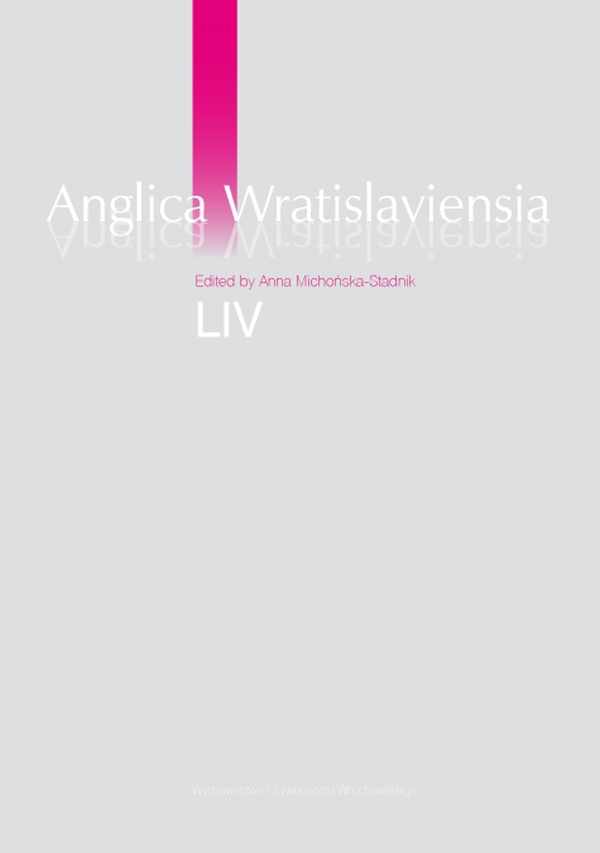

Second Language Acquis

Difficulties in mastering the pronunciation of a foreign language arise due to numerous factors, among which the differences between the learners’ L1 and L2 seem to be significant. For Polish learners of English, these differences would include considerable disparities between the two vowel systems, which is why the subject of this study are difficult English vowels. The difficulty of vocalic sounds is judged according to Prator’s 1967 Hierarchy of Difficulty.
The study aims at determining whether deductive and inductive formal types of phonetic instruction have any influence on the intelligible pronunciation of the most difficult English vowels for Polish 13-year-old learners. Two groups of students were subject to an experiment in which they were taught English pronunciation for 5 weeks: the first group deductively, the second group inductively. Their pronunciation proficiency was tested before and after the teaching sessions by recording the subjects reading a text composed of words containing the tested phonemes.
The comparison of the recordings revealed that while the deductive techniques did not yield any statistically significant improvement in the pronunciation of any of the tested vowels, the inductive techniques significantly improved the learners’ pronunciation of [iː], [æ] and [ǝ] in the interconsonantal context. The conclusion to be drawn is that increased aural exposure, imitation and meaning-focused practice yield better results than providing theoretical, metalinguistic information about the sounds, comparing L1 and L2 sounds and pronunciation-focused practice, at least for young adolescent learners, who may not yet be ready to comprehend abstract phonetic notions.